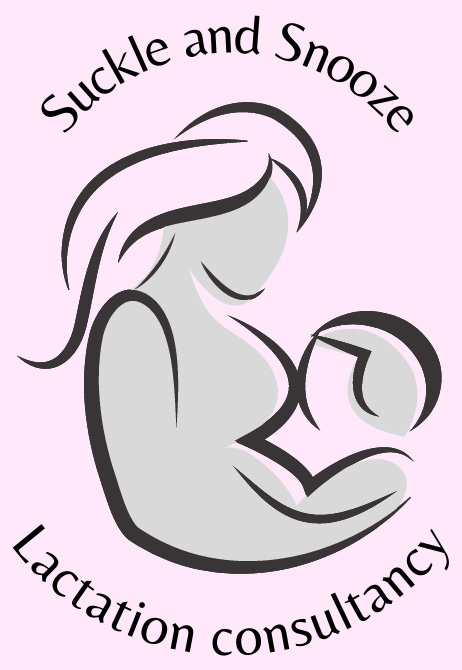How does stress affect breastfeeding?
Having a baby changes many things in life and can cause some stress and anxiety around providing the best care for your baby. It is like a never-ending quest of nurturing, always looking for the best ways of child-rearing, support system, healthcare consultants, and even breastfeeding support services.
Although breastfeeding is a normal and natural way of feeding your baby, it can sometimes bring stress. This is especially true if you are feeling that breastfeeding isn’t working the way you think it should.
Although breastfeeding is a normal and natural way of feeding your baby, it can sometimes bring stress. This is especially true if you are feeling that breastfeeding isn’t working the way you think it should.
So why doesn’t breastfeeding come ‘naturally’ to all women?
Your baby is born with the primitive reflexes to crawl to the breast and latch on. This is programmed into your baby for survival. What about mums then? In the past we grew up in smaller communities and were exposed to breastfeeding in our daily life. It was natural, and as a female we would have helped to take care of our siblings and watched other family members breastfeeding their baby or young child. Fast forward to today, if we see someone breastfeeding we quickly avert our gaze so they don't think that we are staring at them. Well meaning family and friends will tell you their horror stories of breastfeeding. We grew up with dolls that came with bottles. All of this places doubt in our minds as to whether we will be able to breastfeed our baby. So yes, breastfeeding is natural, but it may not come naturally to you.
This naturally causes stress, and the problem with stress is that it can affect your milk supply. Stress can inhibit the release of oxytocin, reducing milk ejection and thus making less milk available to the baby. Stress can also inhibit the production of prolactin, which could reduce milk production.
So stress caused by perceived milk supply or not knowing how to breast feed can become a self-fulfilling prophecy, meaning that worrying about the low supply can actually worsen a low supply.
This naturally causes stress, and the problem with stress is that it can affect your milk supply. Stress can inhibit the release of oxytocin, reducing milk ejection and thus making less milk available to the baby. Stress can also inhibit the production of prolactin, which could reduce milk production.
So stress caused by perceived milk supply or not knowing how to breast feed can become a self-fulfilling prophecy, meaning that worrying about the low supply can actually worsen a low supply.
How to reduce stress?
Don’t expect your baby to follow a plan or routine.
Breastfed babies wake and feed when they are hungry and when they need comfort. It is normal for your baby to feed every 2-3 hours, with some periods of cluster feeding thrown in. Setting a schedule will set you up for failure. If your baby is hungry after 2 hours, it is going to be stressful for all involved if you try to stretch the feed to meet a routine. In fact, to ensure adequate supply for your baby, your baby needs unlimited access to the breast for the first few weeks or so.
Seek help if you need support.
Your partner or your mum may be able to provide you with adequate support, but sometimes you need a bit more. You can access your local Child and Family Health Nursing Team or visit your GP. For specific breastfeeding advice, you can contact the Australian Breastfeeding Association (ABA) on 1800686268, or you can engage the services of an International Board Certified Lactation Consultant (IBCLC).
Self Care
This may feel like a distant dream, however just being able to have a shower and wash your hair can make you feel so much better. Have your partner take the baby for a while so that you can shower in peace, without worrying that your baby is crying.Nutritious food and plenty of water is also important. If you are home alone, have some preprepared meals and snacks that can be easily eaten using one hand. Keep your water bottle near your feeding station so you can drink whenever thirsty.
Don’t worry too much about housework at this point in time. Accept offers of help from friends and family. If your baby will settle in the pram, go for a walk. The fresh air and exercise can really improve how you are feeling.
Don’t worry too much about housework at this point in time. Accept offers of help from friends and family. If your baby will settle in the pram, go for a walk. The fresh air and exercise can really improve how you are feeling.
How do I protect my milk supply?
Although hormones play a part in milk supply, the main impact on supply is demand. It is important to breastfeed your baby on demand, which will equate to around 8-12 feeds per day, offering both breasts at each feed.
If you have any concerns with your supply, please seek help from an IBCLC in the early days so that you receive appropriate, evidence-based care.
If you have any concerns with your supply, please seek help from an IBCLC in the early days so that you receive appropriate, evidence-based care.
Suckle and Snooze, Always Here to Help!
Remember, you don’t have to go through the challenges of motherhood alone. Suckle and Snooze is here to provide you with professional and trusted breastfeeding support services for all mums. I am a registered nurse with 19 years’ experience, and have worked with mothers, babies, and children for the last 7 years. I am also an International Board Certified Lactation Consultant. Book now or call 0433399643 for more information.
